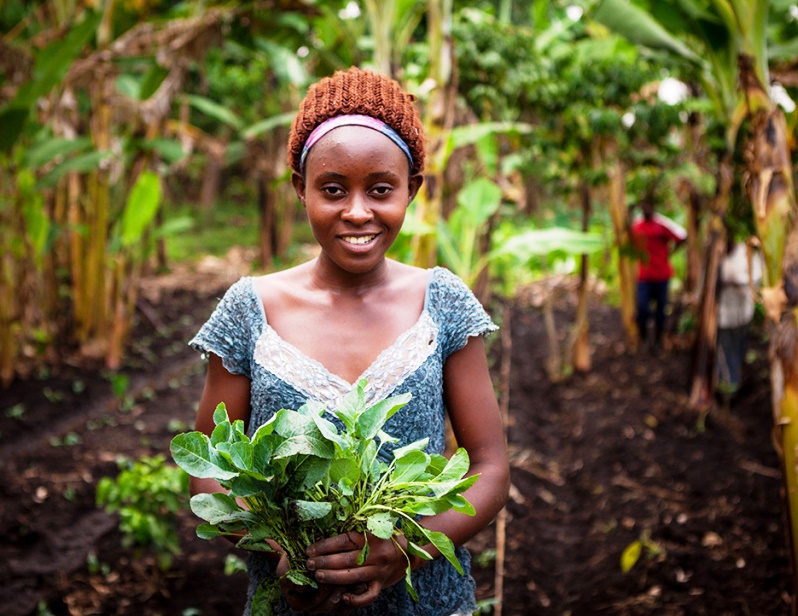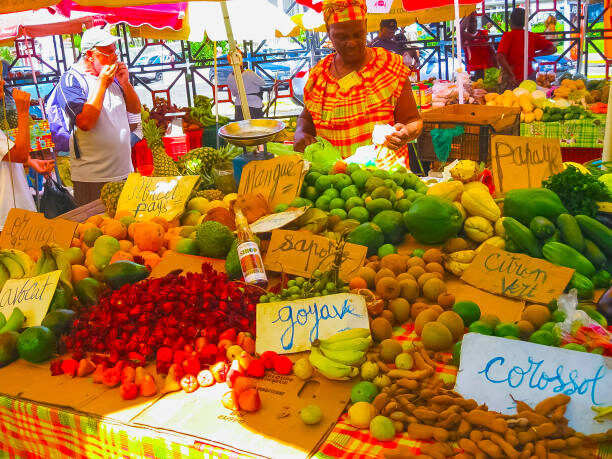CARIBBEAN AGRICULTURE INDUSTRY

Overview
Agriculture in the Caribbean has a major role to play in the pursuit of sustainable development in the Caribbean but it is in decline in most of the region. The decline is due to loss of cost competitiveness, erosion of trade preferences for the export of traditional products like sugar and bananas, and underinvestment in the sector. In addition, areas such as the agricultural sector the world over, suffers from vulnerability to natural disasters and price volatility. Despite this trend, Caribbean states such as Jamaica, Trinidad and Tobago, Belize, and Guyana has seen marginal growth in their respective agricultural sectors. The CARICOM single market and economy cites agriculture as a key component of economic resilience within the Caribbean. Its strategic plan for 2015-2019. This fact sheet examines the support by various entities in the Caribbean for agriculture.
Generate excitement
The World Bank has created a Regional Agricultural Competitiveness Project for OECS countries. The main goal is to increase market access as well as sales for farmers and fishers, as well as their allied ‘aggregators and agro-processors.’


Objectives
Promote entrepreneurship within the agricultural sector, in order to promote wealth among farmers as well as contribute towards a positive trade balance in the future.
Encourage youth engagement in the agricultural sector through incentives and educational workshops.
Form a linkage between agriculture and tourism so as to promote use of local produce in hotels and restaurants in the region.

SDGs
Sustainable Development Goals

Food Security

Create Employment

Mitigate Climate Risks

Innovation and Implementation

Regional Development Growth

Source: Caribbean Development Bank

